

Monument in a cave replicating the birthplace of Jesus
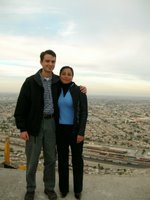
Brian and Leslie atop the mountain of Las Noas
My random thoughts as I transition to Mexico.

 to give them life again. That reminded me of Jesus breathing the Holy Spirit on the disciples after his resurrection in the book of John.
to give them life again. That reminded me of Jesus breathing the Holy Spirit on the disciples after his resurrection in the book of John.
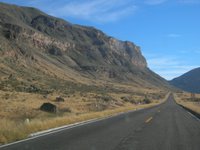
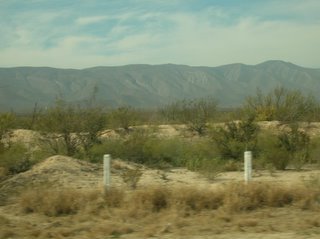 My time here on the net is limited, but I'll try to keep you informed as I can. Tonight we are going to go to a posada with the church group. It is a tradition here in which groups act out the scene of Mary and Joseph wandering around Bethlehem seeking a place to stay (posada).
My time here on the net is limited, but I'll try to keep you informed as I can. Tonight we are going to go to a posada with the church group. It is a tradition here in which groups act out the scene of Mary and Joseph wandering around Bethlehem seeking a place to stay (posada).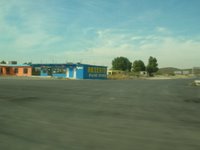






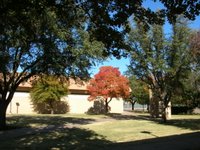
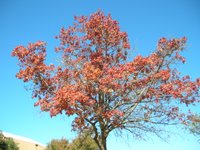

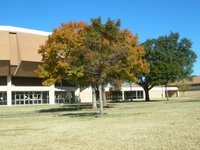







 Dave and Christie_ _ _ _ _ _ _ Estéfani, Marcela, Megan
Dave and Christie_ _ _ _ _ _ _ Estéfani, Marcela, Megan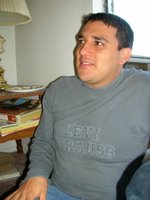
I have suggested that Jesus had no intention of founding a new religion. Those who followed him were given no name to distinguish them from other groups, no creed of their own, no rite which revealed their distinctive group character, no geographical center from which they would operate (Schweizer 1971:42, Goppelt 1981:208). The twelve were to be the vanguard of all Israel and, beyond Israel, by implication, of the whole ecumene. The community around Jesus was to function as a kind of pars pro toto, a community for the sake of all others, a model for others to emulate and be challeged by. Never, however, was this community to sever itself from the others.
This high level of calling was, however, not maintained for long. Already at a very early stage Christians tended to be more aware of what distinguished them from others than of their calling and responsibility toward those others. Their survival as a separate religious group, rather than their commitment to the reign of God, began to preoccupy them. In the words of Alfred Loisy (1976:166), "Jesus foretold the kingdom and it was the Church that came". In the course of time the Jesus community simply became a new religion, Christianity, a new principle of division among humankind. And so it has remained to this day.